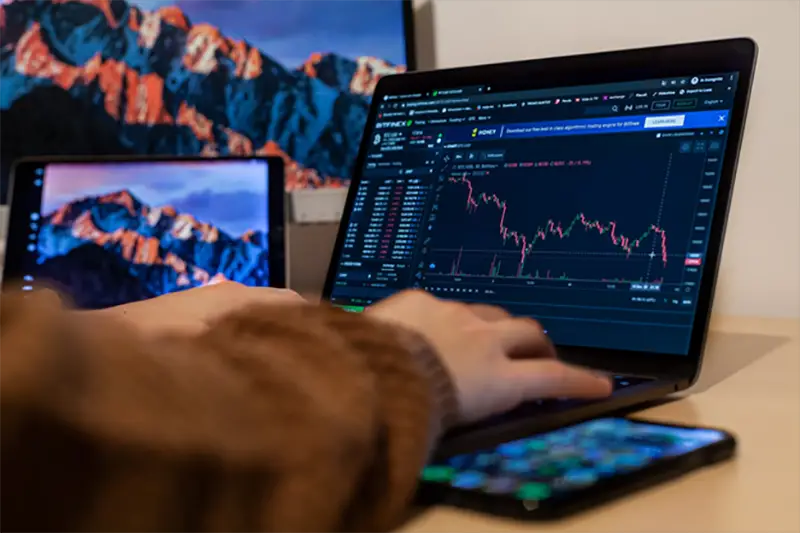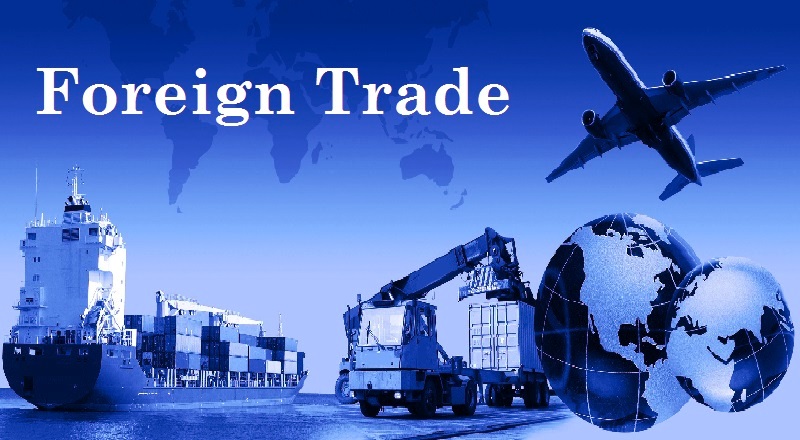In the ever-evolving world of finance, foreign options trading presents investors with exciting opportunities to unlock global market gains. Whether you’re a seasoned pro or just starting out, understanding this powerful tool can empower your financial strategy. Prepare to embark on an in-depth exploration of foreign options trading, where we’ll delve into its intricacies, unravel its benefits, and guide you towards making well-informed decisions.

Image: businesspartnermagazine.com
Defining Foreign Options: A Gateway to Global Markets
Options contracts, financial instruments granting the holder the right but not the obligation to buy (call option) or sell (put option) an underlying asset at a predetermined price (strike price) before a specified date (expiration date), take on a distinct flavor when traded across borders. This is where foreign options come into play, offering investors access to a vast array of assets denominated in foreign currencies. By utilizing foreign options, traders can capitalize on price movements in global stock markets, indices, commodities, and currencies.
Seamless Integration: Understanding Foreign Options
To fully comprehend foreign options, let’s delve into their anatomy. These contracts consist of several crucial elements:
-
Underlying Asset: The asset that is being traded, such as stocks, currencies, indices, or commodities, just as in domestic options.
-
Strike Price: The predetermined price at which the holder can buy (call) or sell (put) the underlying asset.
-
Expiration Date: The date on which the option contract expires, giving the holder the right to exercise the option until this date.
-
Option Premium: The price paid by the holder of the option for the right to buy or sell the underlying asset.
Navigating the Global Marketplace: Types of Foreign Options
Now that we’ve established the foundational concepts, let’s explore the various types of foreign options available to traders:
-
Currency Options: These options give the holder the right to buy or sell a specific amount of one currency versus another.
-
Equity Options: These options provide the right to buy or sell shares of foreign companies listed on stock exchanges in other countries.
-
Index Options: These options allow investors to speculate on the performance of foreign indices, such as the FTSE 100 in the UK or the Nikkei 225 in Japan.
-
Commodity Options: These options enable traders to gain exposure to the price movements of commodities such as oil, gold, and wheat on foreign exchanges.

Image: s3.amazonaws.com
Empowering Traders: Benefits of Foreign Options
Beyond diversifying your portfolio, foreign options trading offers a wealth of advantages:
-
Access to Global Markets: Foreign options grant you access to a vast array of assets that would otherwise be unavailable through domestic options trading.
-
Hedging Currency Risk: By purchasing currency options, you can mitigate the risk of adverse fluctuations in exchange rates.
-
Speculating on Market Movements: Foreign options allow you to profit from predicted price movements in foreign markets, whether they be bullish or bearish.
-
Capitalizing on Global Diversification: By investing in foreign options, you can spread your risk across different countries and markets, reducing your exposure to isolated market downturns.
Considerations and Strategies for Foreign Options Trading
While foreign options present lucrative opportunities, it’s crucial to approach this market with caution and informed decision-making:
-
Currency Considerations: Understand the exchange rate movements between involved currencies, as they can significantly impact your profitability.
-
Liquidity: Research the liquidity of the foreign options market you’re considering. Low liquidity can make it difficult to enter or exit trades.
-
Trading Costs: Be aware of the trading costs and fees involved in foreign options trading, including commissions, clearing fees, and exchange fees.
-
Risk Management: Implement sound risk management strategies, such as diversification and position sizing, to mitigate potential losses.
Empowering Investors: Expert Insights on Foreign Options Trading
To enhance your foreign options trading acumen, heed the advice of seasoned experts:
-
John C. Hull, Author of Options, Futures, and Derivatives: “Foreign options provide investors with opportunities to diversify their portfolios, manage currency risk, and speculate on global market trends.”
-
Nassim Nicholas Taleb, Author of The Black Swan: “When investing in foreign options, it’s essential to consider the political and economic stability of the underlying country.”
Foreign Options Trading

Image: www.scientificworldinfo.com
Embarking on Your Foreign Options Trading Journey
Now that you’re armed with a comprehensive understanding of foreign options trading, it’s time to initiate your journey into this dynamic market. Remember, success lies in continuous learning, diligent research, and calculated risk-taking. By embracing these principles, you can harness the power of foreign options trading to expand your financial horizons and achieve your investment goals.






